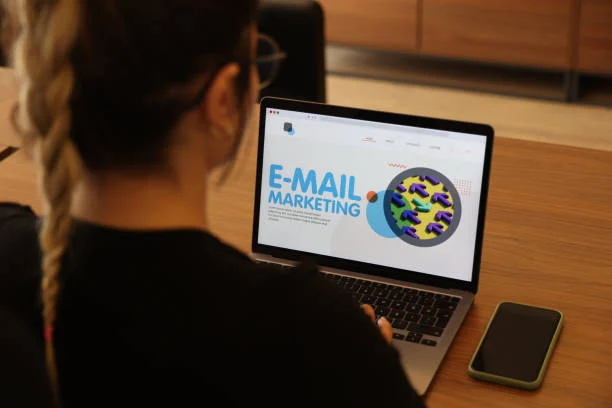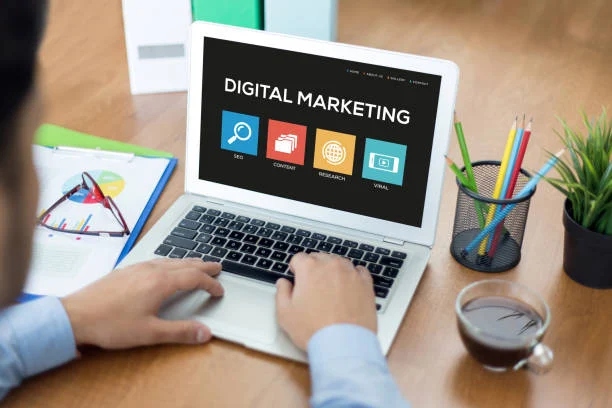In the industrial sector, decision-making is complex, involving multiple stakeholders, long sales cycles, and high-value purchases. Unlike B2C, where impulse buys are common, B2B buyers rely heavily on research, credibility, and trust before committing.
For industrial companies, digital marketing isn’t just about visibility—it’s about generating high-quality leads, nurturing relationships, and positioning your brand as an authority. If you’re looking to refine your digital marketing approach, here are the best strategies tailored for industrial businesses.
1. Lead-Driven Content Strategies for Industrial Buyers
Content is the backbone of B2B marketing, but generic blogs won’t cut it. Industrial buyers look for in-depth, problem-solving content that addresses their pain points.
What Works?
- Case Studies & Whitepapers: Show real-world applications of your products/services.
- Technical Guides & How-Tos: Educate engineers, procurement managers, and executives.
- Comparison Content: Help buyers choose between solutions (e.g., “Hydraulic vs. Pneumatic Systems”).

How to Execute?
- Map Content to Buyer’s Journey: Awareness (blogs, infographics) → Consideration (webinars, case studies) → Decision (demos, free trials).
- Optimize for SEO: Use long-tail keywords like “best industrial lubricants for heavy machinery” to attract qualified traffic.
Pro Tip: Repurpose content into LinkedIn posts, videos, and email newsletters to maximize reach.
2. Marketing Solutions for Business Growth in Industrial Sectors
Industrial marketing isn’t about flashy ads—it’s about strategic, measurable growth.
Key Tactics:
- Account-Based Marketing (ABM): Target high-value accounts with personalized campaigns.
- LinkedIn Advertising: Decision-makers are active here—use sponsored content and InMail.
- Email Drip Campaigns: Nurture leads with automated, value-driven emails.

Why It Works?
B2B buyers prefer brands that understand their industry’s nuances. A well-structured marketing funnel ensures you stay top-of-mind throughout their lengthy decision process.
3. Why Partner with a Business Marketing Agency in Canada?
Many industrial companies handle marketing in-house, but a specialized agency brings expertise and scalability.
Benefits of Working with an Agency:
✔ Industry-Specific Knowledge: They understand industrial jargon and buyer behavior.
✔ Advanced Tools: Access to premium SEO, PPC, and analytics software.
✔ Faster Results: Proven strategies reduce trial-and-error.
If you’re in Canada, partnering with a local agency (like 7thGrowth) ensures compliance with regional market trends and regulations.
4. Fast-Loading Websites for Lead Generation
A slow website kills conversions—especially in B2B, where users expect instant access to specs, pricing, and support.
How to Optimize?
- Compress Images & Use CDN: Reduces load time.
- Simplify Navigation: Make it easy for engineers to find technical docs.
- Mobile Optimization: 60% of B2B searches happen on mobile.
A fast, user-friendly site improves SEO and keeps high-intent buyers engaged.

5. Google Ranking Services Near Me: Local SEO for Industrial Brands
Even in B2B, local searches matter. Buyers often look for “industrial equipment suppliers near me” or “CNC machining services in [city].”
How to Rank Higher Locally?
- Google My Business Optimization: Keep NAP (Name, Address, Phone) consistent.
- Localized Content: Blog about regional industry trends.
Backlinks from Industry Directories: Get listed in platforms like ThomasNet.
Final Thoughts
Industrial buyers need clarity, trust, and efficiency. By implementing lead-driven content, performance marketing, and technical SEO, you can attract and convert high-value prospects.
If you need help executing these strategies, consider working with a specialized industrial marketing agency like 7thGrowth to streamline your efforts.
What’s your biggest challenge in industrial marketing? Let us know in the comments!





